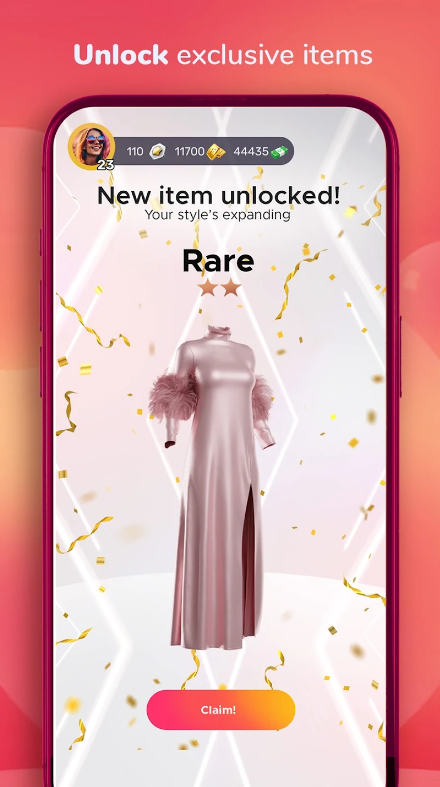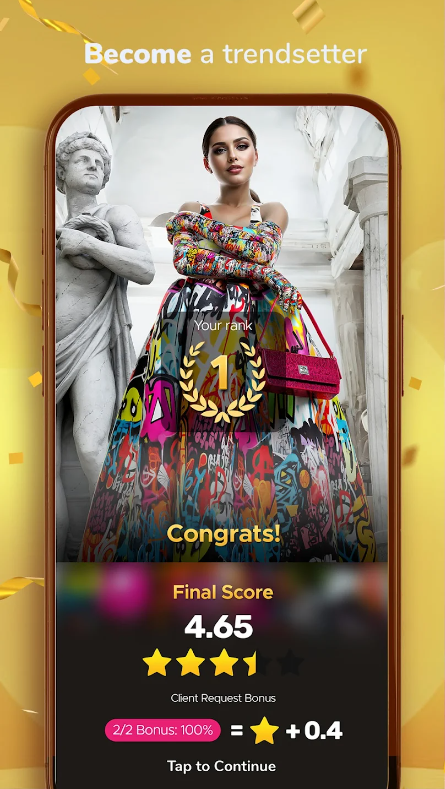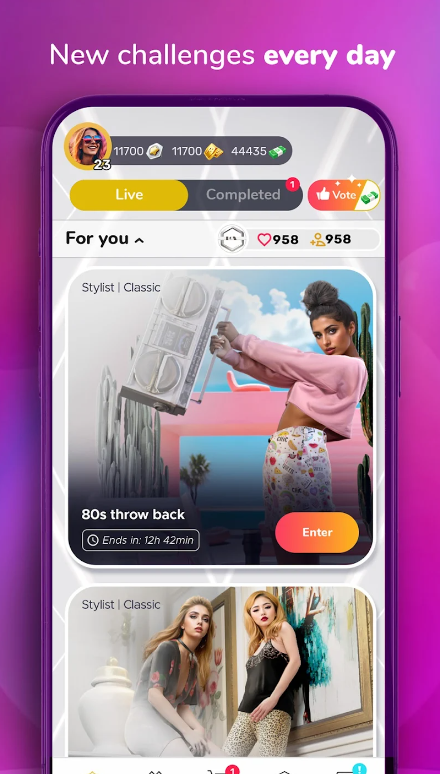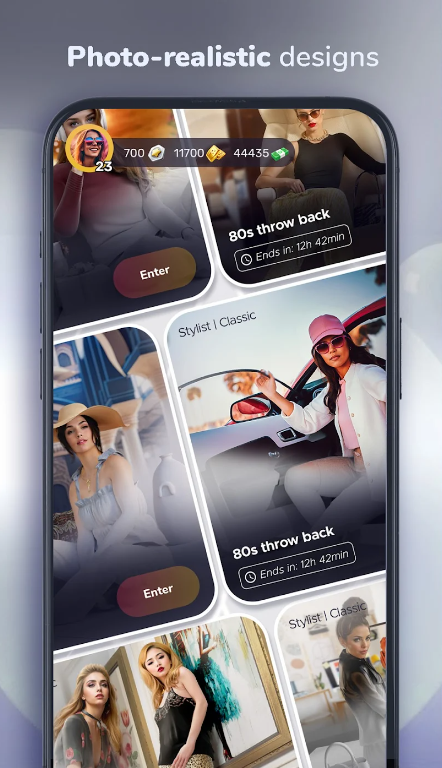
The strategic alliance of luxury brands with gaming platforms
In a paradigm-shifting move, Tommy Hilfiger has plunged into the gaming universe, launching today “Fashion Verse,” a mobile styling game set to revolutionise the intersection of fashion, technology, and marketing. This bold step aligns with a broader trend in the fashion industry, where luxury brands are strategically infiltrating the gaming world to reach a new audience, amplify sales, and perpetuate the brand narrative in a digital era.
Tommy Hilfiger’s venture into gaming is emblematic of a profound shift in marketing dynamics. Recognizing the burgeoning influence of gaming among younger demographics, particularly Gen Z, luxury brands are strategically leveraging the immersive nature of gaming to capture the attention of an audience traditionally outside their scope. The release of “Fashion Verse” isn’t merely a quest for entertainment dominance; it’s a calculated marketing strategy. Hilfiger’s acknowledgment of video games as a future retail platform reflects an industry-wide realisation that the traditional retail landscape is evolving.
Gaming, with its projected $665 billion revenue by 2030, presents an untapped reservoir for fashion brands to explore.




Generative AI, a cornerstone in the development, symbolises a commitment to visual aesthetics crucial for attracting a discerning audience. The move addresses the longstanding challenge of reconciling mobile gaming’s graphics compromises with the discerning taste of fashion enthusiasts.
The emphasis on sophistication and elevation through AI aligns with the luxury sector’s core values of exclusivity and premium experiences.
Beyond a game’s technological aspects, partnership potential is a pivotal aspect of the marketing strategy. By collaborating with fashion, entertainment, art, and beauty brands, it promises a dynamic and evolving virtual marketplace. This approach echoes successful precedents set by Drest, Covet Fashion, and Pocket Styler, where partnerships with prestigious fashion houses propelled the games to popularity.
The gaming industry’s transformative power is underscored by staggering statistics – a projected $665 billion revenue by 2030, 62% of adults in the US playing video games in 2023 and approximately 50% of players globally being women. Luxury brands aren’t merely following a trend; they’re strategically aligning with gaming’s expanding influence to broaden revenue streams and capture the attention of a younger demographic with significant purchasing power. Gucci’s Gaming Academy, Valentino’s foray into Animal Crossing, and Louis Vuitton’s immersive gaming experience are not isolated incidents but part of a broader industry trend. These endeavours transcend mere product placements; they signify a comprehensive approach to consumer engagement, emphasising community building, education, and brand storytelling within the digital realm.
In the case of Fashion Verse, the global launch on traditional app stores plus Netflix strategically places the game in front of millions, ensuring immediate accessibility.
This convergence of fashion and gaming isn’t a fleeting trend; it’s a strategic move to redefine marketing and communication in a digital landscape. Luxury brands are navigating this uncharted territory, embracing innovation to reach, resonate, and cultivate a lasting relationship with a new generation of consumers. The fusion of fashion and gaming is a strategic communication move that signifies a profound shift in how brands connect, engage, and tell their stories in the digital age.
Sources : Vogue Business, Marketing Dive, Gucci, GQ Middle East, High Nobiety, Google Play – photo credit : Fashion Verse






Leave a comment: